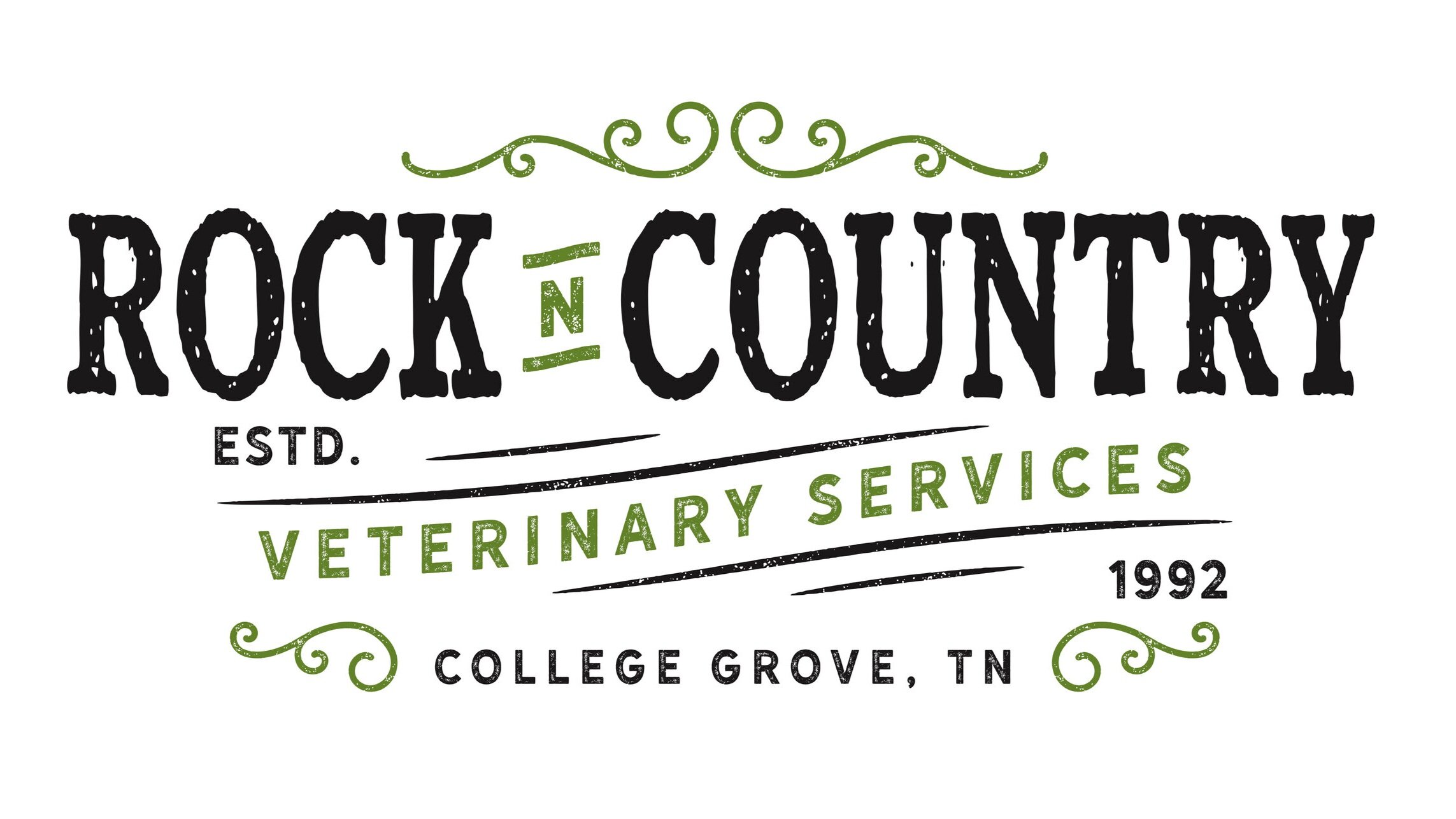Neutering your Dog or Cat
Eric Fold, DVM
August 8, 2018
We at Rock-N-Country Veterinary Services love puppies and kittens! We also see the value of spaying and neutering pets so there is not an abundance of unwanted pets flooding the shelters. As pet owners ourselves, we respect that some people want a specific breed of dog or cat to fit best with their family. Though it would be nice if every pet were adopted from the local shelter, some have specific goals for their pet's life. If your pet is not going to be used for offspring production, we highly recommend neutering your pet to reduce complications later in life.
Why should I castrate my dog or cat?
- Population control
- Reduce behavioral issues
- Reduce risk of prostate hyperplasia and testicular cancer
The term neuter means to remove an animal's reproductive organs and is non-specific for female or male. It is often used to describe a male castration. Castrate is the term used to remove male reproductive organs, and will be used in that context in this article.
There are three major reasons to consider castrating your dog or cat. Population control is number 1 on the list due to the millions of dogs and cats that are euthanized yearly because of overpopulation and inability to find a home. Preventing unwanted litters will save the owner from the task of finding homes for the new animals.
Aggressive behavior towards people and other dogs or cats is the most common negative behavioral problem associated with intact pets. Once this aggressive behavior is established, it can be very difficult and sometimes impossible to break even if castration is pursued later in life. Often times male cats will also mark or spray items that they consider to be in their territory. This marking is especially problematic for indoor cats since they will spray anything from furniture to appliances and even computers. We have a male cat at the clinic that was castrated later in life. Occasionally he will sneak in the door and if left inside overnight, he will mark everything in site leaving a very unpleasant odor to walk in to the next day!
Benign Prostatic Hyperplasia (BPH) is a very preventable disease that can become life threatening if left untreated. An abnormal hormone ratio leads to an enlarged prostate, though often not painful, could potentially lead to decreased urinary outflow and possible obstruction. BPH is the most common prostatic disorder in dogs and is often found in dogs >6 years old. Testicular and scrotal cancer are possible complications with intact male dogs and cats. Different treatment protocols are utilized depending on the cancer cells that are present.
What risks are associated with castrating my dog or cat?
Castrating a cat or dog is a major surgical procedure but it is also the most commonly performed surgical procedure performed at Rock-N-Country Veterinary services. Due to the nature of the procedure, a thorough physical examination and pre-anesthetic blood work are always recommended. Pre-anesthetic blood work will help us screen your pet's liver, kidney, red blood cell and white blood cell function and allow us to determine if anesthesia would be safe in your pet.
Though there is a risk associated with surgery, we believe in most cases, the risk of surgery outweights the risks associated with overpopulation, aggressive behavior and prostatic and bone cancer.
There has been some evidence that reveals castration of male dogs may lead to prostatic adenocarcinoma. Though this risk is present, the chances of this disease are very low. Some evidence also suggests that castration of large and giant breed dogs may lead to an increased risk of a bone cancer called osteosarcoma. Though these cancers are highly malignant, the risk must outweigh the benefit and should be discussed at the physical exam appointment prior to surgery.
Care is taken before, during and after the procedure to make sure your pet is safe and comfortable.
How early can I have my dog or cat castrated?
Studies show that the optimum age to have a castration performed in small breed dogs is 4-6 months, while large breed dogs we may wait until they have reached full bone structure. Castrating dogs and cats before four months of age would usually only be warranted in a shelter environment as this age poses a higher risk of surgical and long term complications.
Ask one of our veterinarians during your pet's vaccination series when the best time to castrate your dog or cat would be. We will guide you in a decision that works best for your pet and family.
Appropriate age for castrating dogs and cats is between 4-6 months old, but is case dependent.
"Ask one of our veterinarians during your pet's vaccination series when the best time to castrate your dog or cat would be. We will guide you in a decision that works best for your pet and family."
RESOURCES
Goh, Clara. “Age of NEutering in Large and Giant Breed Dogs” Clinician's Brief, Aug. 2016, www.cliniciansbrief.com/article/age-neutering-large-giant-breed-dogs\.
Kutzler, Michelle. “Benign Prostatic Hyperplasia in Small Animals.” Merck Veterinary Manual, 2018, www.merckvetmanual.com/reproductive-system/prostatic-diseases/benign-prostatic-hyperplasia-in-small-animals.
Kustritz, Maraget. “Early Gonadectomy in Dogs & Cats.” Clinician's Brief, May 2008, www.cliniciansbrief.com/article/early-gonadectomy-dogs-cats.
“ Spaying and Neutering.” Spaying and Neutering, American Veterinary Medical Association, www.avma.org/public/PetCare/Pages/spay-neuter.aspx.




